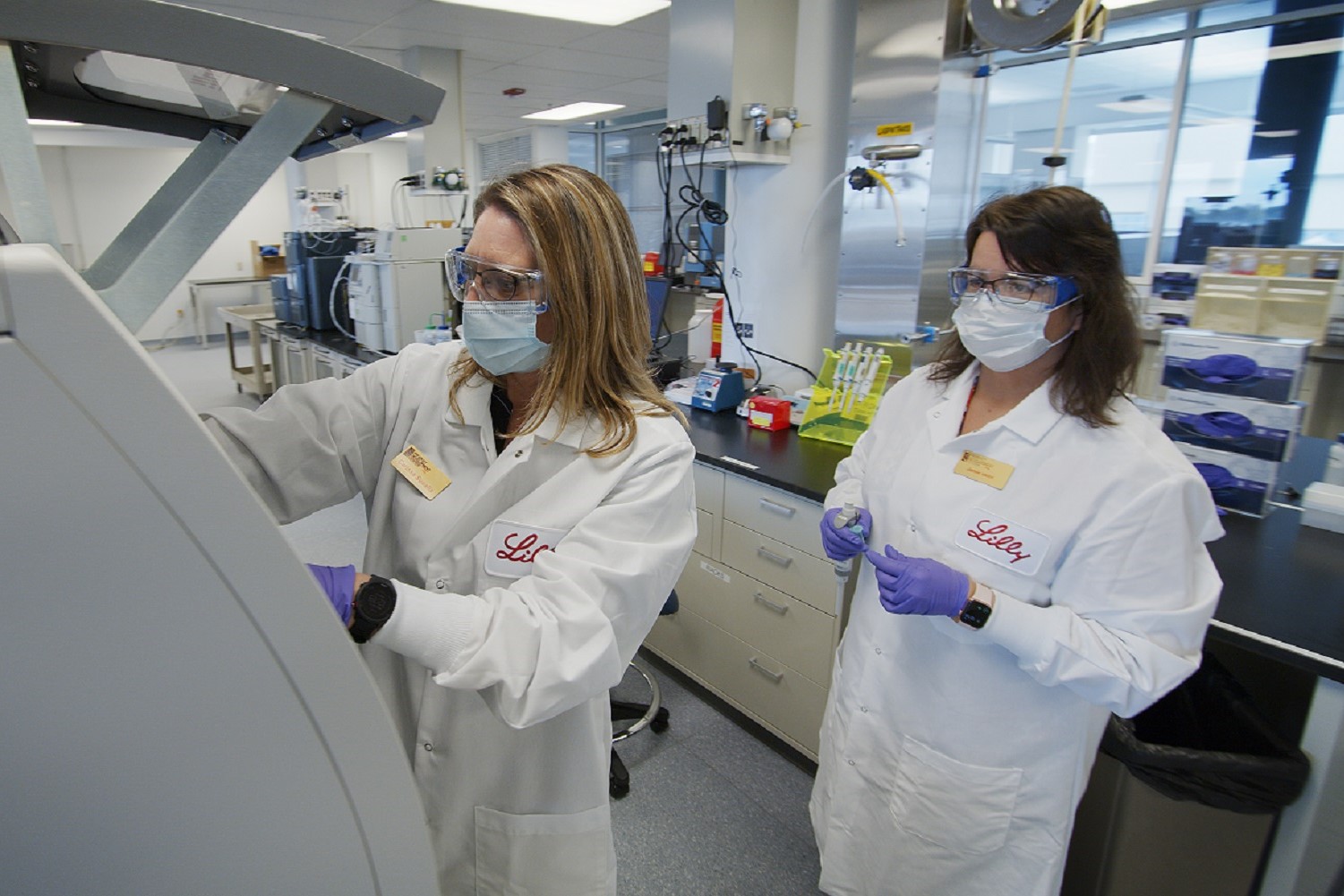A federal judge in New York dismissed a lawsuit accusing Stryker Corp. (NYSE:SYK) subsidiary Howmedica Osteonics of manufacturing a defective knee implant.
Beverly Maxwell had a total knee replacement in June 2004, using Howmedica’s Duracon Total Knee System. Maxwell developed an allergic reaction to the nickel contained in the Duracon device, which was replaced in August 2005 using a low-nickel Smith & Nephew (NYSE:SNN) Genesis II implant.
Maxwell sued Howmedica in October 2007 in the U.S. District Court for Northern New York, accusing the company of manufacturing a defective implant and of failing to warn of the possibility of allergic reactions to the nickel used in the device. Judge Glenn Suddaby tossed the lawsuit May 10, granting a summary judgment motion filed by Howmedica.

With the Rise of AI, What IP Disputes in Healthcare Are Likely to Emerge?
Munck Wilson Mandala Partner Greg Howison shared his perspective on some of the legal ramifications around AI, IP, connected devices and the data they generate, in response to emailed questions.
Suddaby ruled that Maxwell failed to demonstrate “either a design defect or the existence of inadequate warnings,” according to court documents.
The surgeon who replaced Maxwell’s knee implant appeared during the trial, but did not testify as to whether the Duracon implant he removed was defective. Maxwell argued that the toxicity of nickel is sufficiently well known and “can be decided by a jury without the assistance of expert testimony,” according to the documents.
“This argument is without merit. Nickel’s toxicity in knee replacement systems is not within the understanding of the ordinary juror, who is a layperson,” Suddaby wrote. “Plaintiff has provided no evidence of the incidence and/or level of sensitivity to nickel in the general population. Similarly, Plaintiff has provided no evidence of the industry standard for acceptable levels of nickel in knee-replacement devices. Finally, Plaintiff has provided no evidence of the point at which the utility of using nickel in knee replacement devices outweighs the risk.”
The judge also ruled that the package inserts included with the knee implant, which detailed the materials used in the device and the potential risks of adverse reaction to them, constituted sufficient notice of the risks associated with the Duracon device.
It’s the latest court win for Howmedica and Stryker, following a Texas judge’s decision in April to toss a lawsuit over an allegedly defective hip implant. Stryker also won the dismissal of a whistleblower lawsuit in Michigan earlier this month, after a judge ruled that the defendants failed to prove that Stryker sales reps initiated a kickbacks scheme. The plaintiffs in that case have until late May to amend their complaint.
The Massachusetts Medical Devices Journal is the online journal of the medical devices industry in the Commonwealth and New England, providing day-to-day coverage of the devices that save lives, the people behind them, and the burgeoning trends and developments within the industry.














